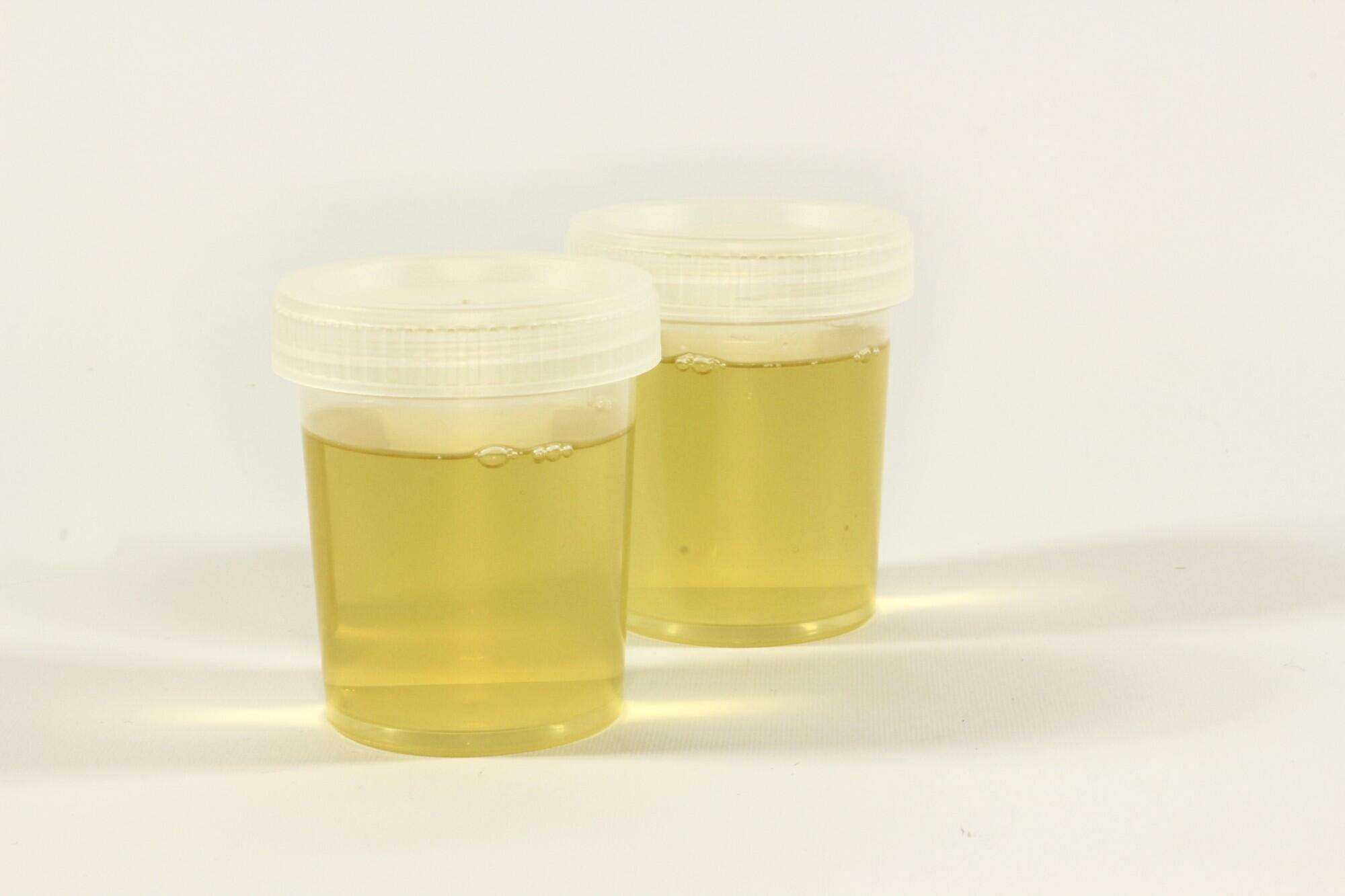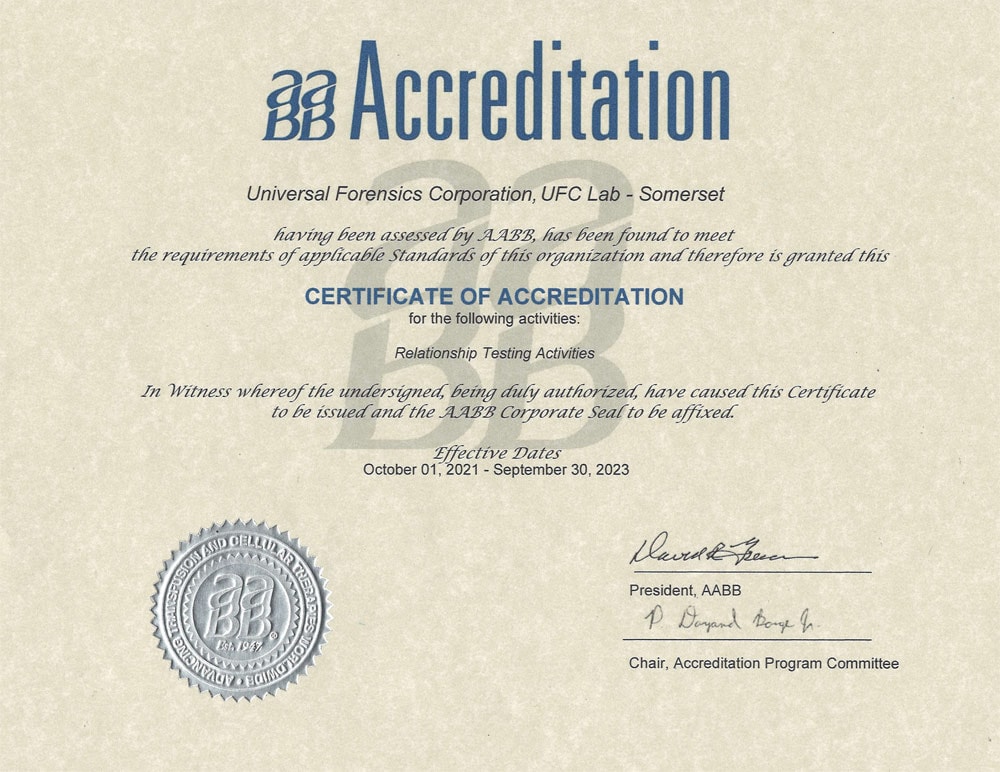Comprehensive Guide to Alcohol and Drug Screening

Workplace substance abuse is a growing crisis. Overdose deaths on the job have increased over 600% since 2011, now making up one in 11 worker fatalities. In industries like construction and transportation, 15% of workers test positive for drugs or alcohol. That’s one impaired worker for every seven people on-site.
A single failed drug test can cost someone their job, land them in legal trouble, or cause a life-threatening accident. Alcohol drug screening helps stop these risks before they escalate. Employers use it to protect their business and prevent workplace incidents. Legal professionals rely on it for court cases and compliance. Individuals seek testing for personal health and accountability.
Without proper screening, businesses face legal trouble, courts lack critical evidence, and individuals lose control of their future.
In this guide, we’ll cover why testing for alcohol and drugs matters, the different testing methods, and how to choose the right one.
What is Alcohol and Drug Screening
Alcohol drug screening detects substances that impair judgment, performance, and safety. It is used in workplaces, legal cases, and personal health monitoring to prevent risks before they escalate. Employers, courts, and individuals depend on these screenings for different reasons, but the goal is always the same; ensuring safety and accountability.
How Substance Abuse Screening Works
These tests analyze biological samples to detect traces of drugs or alcohol. Depending on the test type, substances can be identified within hours or even months after use. Some tests provide instant results, while others require laboratory analysis for accuracy.
Who Needs Alcohol and Drug Screening
Employers use alcohol drug screening to maintain safety, reduce liability, and meet legal requirements. In high-risk jobs like construction, healthcare, and transportation, routine testing prevents workplace incidents and ensures compliance. A single impaired worker can cause injuries, financial losses, or legal consequences.
Legal professionals rely on screenings for cases involving probation, custody disputes, and court-mandated compliance. A failed test can affect legal rulings, child custody decisions, or sentencing outcomes. Courts require legally admissible results that meet strict standards.
Individuals seek testing for personal reasons, including:
- Health monitoring to track substance exposure
- Addiction recovery to confirm sobriety progress
- Rehabilitation compliance for treatment programs
The demand for alcohol drug screening continues to grow as businesses, courts, and individuals recognize its importance. In the next section, we’ll explore why employers depend on these screenings to maintain a safe and compliant workplace.
Why Employers Use Alcohol and Drug Screening
Workplace drug and alcohol use is a major liability. It leads to accidents, lost productivity, and legal consequences. Employers implement alcohol drug screening to protect their business, their employees, and their bottom line.
The Cost of Workplace Substance Abuse
A single impaired employee can cause serious financial and legal damage. Businesses that fail to conduct routine testing risk:
- Increased workplace accidents leading to injuries or fatalities
- Lawsuits and liability claims from employees or customers
- Regulatory fines and compliance failures in safety-sensitive industries
Industries like transportation, healthcare, and construction have strict testing regulations. Failure to comply can result in shutdowns, revoked licenses, and reputational damage.
How Alcohol and Drug Screening Protects Businesses
Pre-employment screening ensures that high-risk applicants are identified before hiring. Random testing discourages on-the-job substance use. Post-accident screenings help determine if drugs or alcohol contributed to workplace incidents.
Employers who implement alcohol drug screening see fewer workplace accidents, stronger employee performance, and reduced legal risks. Testing is not just about catching violations; it’s about preventing them before they happen.
In the next section, we’ll explore the different types of screenings and how they detect substance use.
Types of Alcohol and Drug Screening Tests
Different tests detect substance use over varying time frames. Some provide instant results, while others reveal long-term patterns. Choosing the right test depends on detection needs, industry regulations, and legal requirements.
Urine Tests
Urine testing is the most common method for alcohol drug screening. It detects recent drug or alcohol use and is widely used in workplaces, legal cases, and personal testing. Results are available quickly, making it a reliable choice for many situations.
Hair Follicle Tests
Hair tests detect drug use over the past 90 days, making them ideal for identifying long-term substance use. Employers use them for pre-employment screenings, and courts rely on them for custody and probation cases. Unlike urine tests, hair samples cannot be easily tampered with.
Breathalyzer Tests
Breathalyzers measure blood alcohol content (BAC) instantly. They are commonly used in alcohol testing procedures for roadside enforcement, workplace safety checks, and DOT compliance. Results are immediate, making this test essential for detecting impairment at the moment.
Saliva Tests
Saliva testing provides a quick, non-invasive way to detect recent drug or alcohol use. It is commonly used for workplace screenings and roadside testing due to its ease of administration. Detection windows are shorter than urine or hair tests, but results are fast and accurate.
Which Test is Right for You?
The best screening method depends on the purpose of the test.
- Workplaces use urine and saliva tests for routine screenings
- Legal cases require urine or hair tests for court-admissible results
- Individuals may choose any test based on their specific needs
Each method has its strengths, but all play a critical role in alcohol drug screening. In the next section, we’ll break down how the testing process works from collection to results.
The Process of Alcohol and Drug Testing
Alcohol drug screening follows strict procedures to ensure accuracy and compliance. The process begins with sample collection, where a person provides urine, saliva, hair, or breath under controlled conditions.
Laboratory Analysis and Results
Certified labs analyze the sample using advanced testing methods. Results are reviewed for accuracy before being securely reported to the employer, court, or individual.
Strict privacy laws protect all screenings, ensuring confidentiality. Employers, legal professionals, and individuals depend on reliable testing to make informed decisions.
Why Reliable Alcohol Drug Screening Matters
ReliaLab Test provides accurate, fast, and legally admissible alcohol drug screening for businesses, legal professionals, and individuals. Our testing services help prevent workplace accidents, support legal cases, and provide clarity for personal health decisions.
We stand out with our Post Accident After Hours Service, ensuring immediate testing when it matters most. Whether you need routine screenings or urgent post-incident testing, we’re here to help.
Contact ReliaLab Test today for fast, reliable testing; day or night. A drug-free workplace starts with the right screening.








